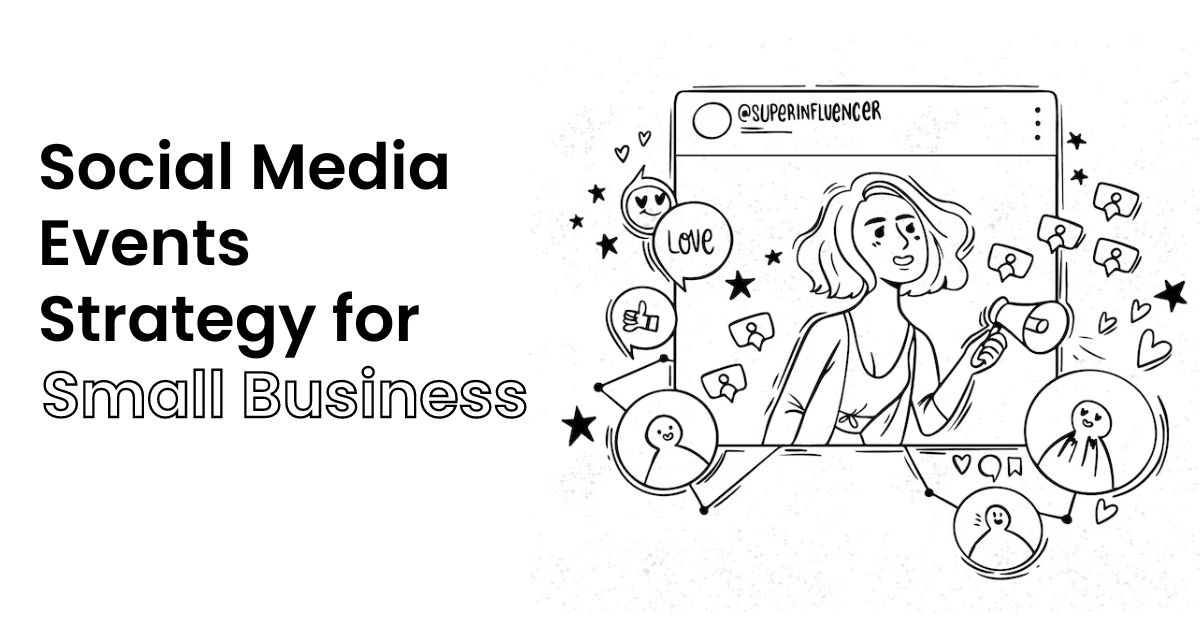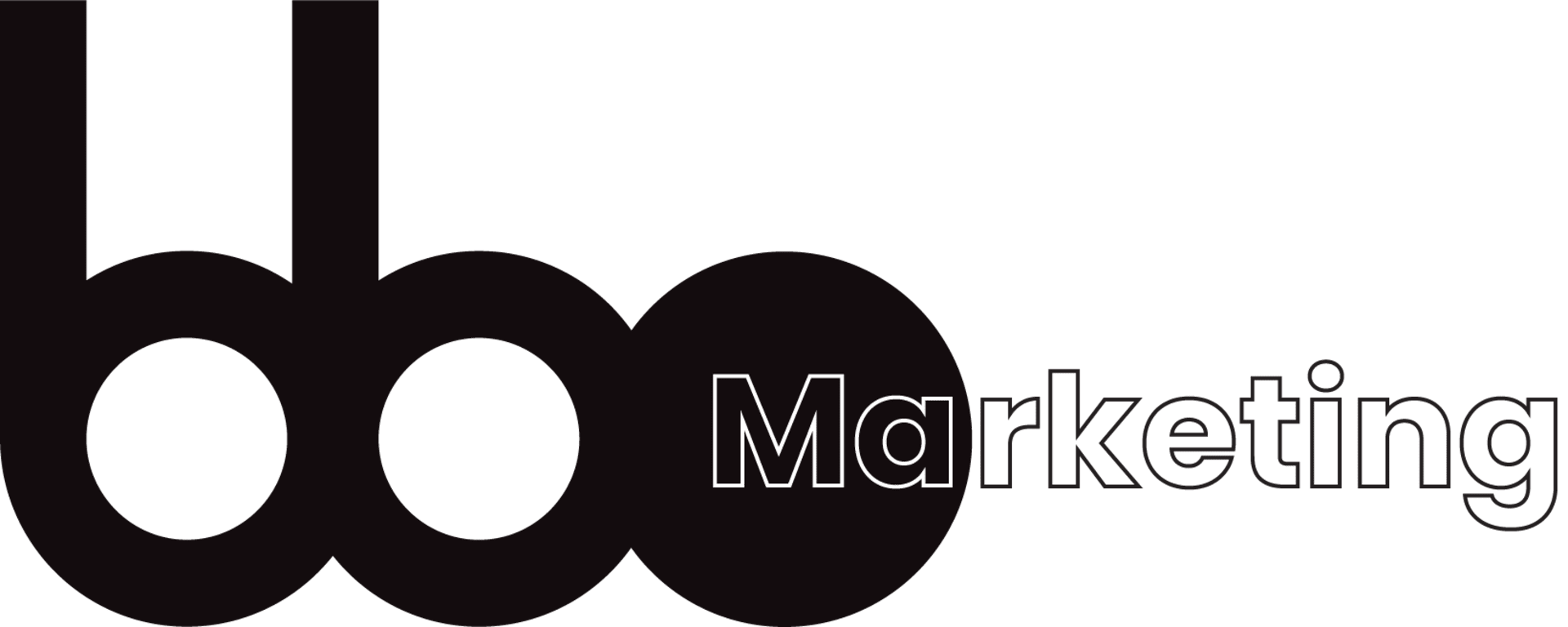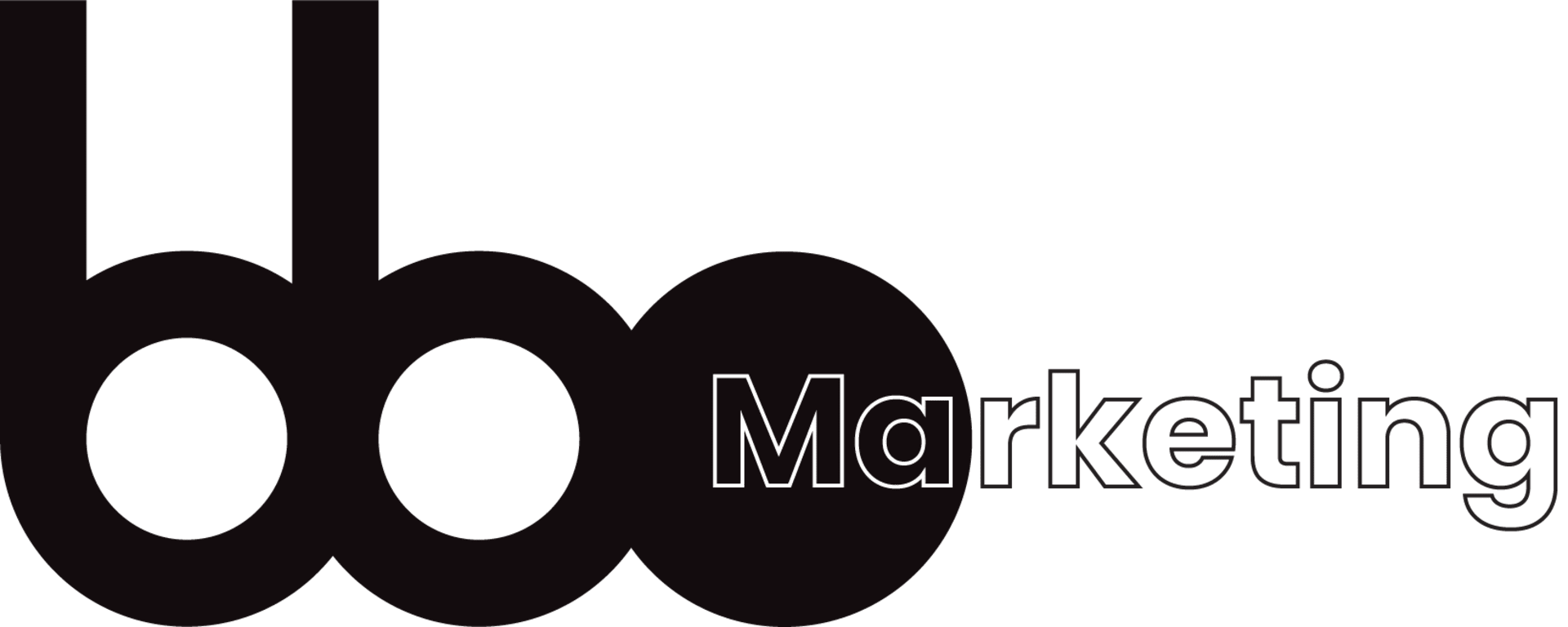
Social Media Events Strategy for Small Business in 2024
A social media events strategy refers to the planning and execution of using social media platforms like Instagram, Facebook, Twitter (X), TikTok, etc., to promote, engage, and enhance events. The goal is to drive awareness, participation, and engagement before, during, and after the event.
For small businesses, building a marketing strategy is very important, a well-executed social media strategy can be a game-changer. It allows them to compete with larger companies on a more level playing field, reaching broader audiences without the need for massive marketing budgets.
This article explains how a social media events strategy typically works for all kinds of businesses and startups.
See How BBO Marketing Can Drive More Sales to Your Small Business
Branding: Build a cohesive brand identity with our comprehensive services, including Brand Kit, Brand Management, and Social Media Branding.
Marketing: Drive traffic and engagement through SEO, Content Marketing, and Paid Media strategies that deliver measurable results.
Designing: Elevate your online presence with stunning Web Designing, intuitive UI/UX, and high-converting Landing Pages.
Contents
1. Pre-Event Strategy
Promotion
Effective promotion is the cornerstone of a successful event. According to Inc., nearly 80% of marketers use events to boost sales. This statistic underscores the importance of a strong promotional strategy.

Content Calendar
Developing a content calendar ensures consistent and timely communication about your event. This organized approach helps maintain audience engagement and builds anticipation.
Hashtags
Creating and using event-specific hashtags can significantly increase your event’s visibility. A study by Endless Events found that nearly 60% of event management software users can track ROI, with hashtags playing a crucial role in this tracking.

Influencers and Partners
Collaborating with influencers and partners can expand your reach. In fact, 42% of event marketing professionals partner with influencers for better reach, highlighting the effectiveness of this strategy.

Paid Ads
Utilizing paid social promotions can help target specific audiences and increase event visibility. With 31% of marketers considering event marketing the most effective marketing channel (Aventri), investing in paid ads can yield significant returns.

2. During-Event Strategy
Live Streaming
Live streaming allows you to reach audiences beyond the physical event space. This is particularly relevant as approximately 89% of events set for 2024 were projected to be virtual.

Real-Time Social Media Updates
Keeping your audience engaged with real-time updates can boost interaction and FOMO (Fear of Missing Out) for those not in attendance.
Encourage User-Generated Content
Motivating attendees to create and share content can significantly increase your event’s reach and engagement.
3. Post-Event Strategy
Share Highlights
Posting event highlights keeps the conversation going and provides value for those who couldn’t attend.
Gather and Share Feedback
Collecting and sharing positive feedback can boost credibility and generate interest in future events. According to Forbes, for 80% of marketers, live events play a crucial role in the success of their organizations.
Analyze Performance Metrics
Analyzing social media event metrics helps refine future strategies. This aligns with the fact that 78% of event marketing professionals study feedback and surveys to improve planned future events.
How to Use Social Media Events Strategy for Small Businesses
- Identify Your Target Audience: Create an audience persona to guide your strategy.
- Choose the Right Platforms: Select social media channels where your audience is most active.
- Create Engaging Content: Use a mix of text, images, and videos to capture attention.
- Leverage Hashtags: Create a unique event hashtag and use relevant industry hashtags.
- Engage Influencers: Partner with influencers who resonate with your target audience.
- Use Paid Advertising: Boost your reach with targeted paid promotions.
- Encourage Interaction: Host contests, Q&A sessions, and live polls to boost engagement.
Examples of Social Media Events Strategy
- Virtual Product Launch: A tech startup using Instagram Live to showcase new features.
- Industry Webinar: A B2B company hosting an educational webinar promoted through LinkedIn.
- Community Fundraiser: A local business organizing a charity event promoted via Facebook Events.
Wrapping Up
A well-executed social media events strategy can be a powerful tool for small businesses. By leveraging the right platforms, creating engaging content, and fostering interaction, businesses can significantly boost their event success and overall brand visibility. Remember, the key is to stay consistent, authentic, and responsive to your audience’s needs and preferences.
See How BBO Marketing Can Drive More Sales to Your Small Business
Branding: Build a cohesive brand identity with our comprehensive services, including Brand Kit, Brand Management, and Social Media Branding.
Marketing: Drive traffic and engagement through SEO, Content Marketing, and Paid Media strategies that deliver measurable results.
Designing: Elevate your online presence with stunning Web Designing, intuitive UI/UX, and high-converting Landing Pages.
People Asked Questions on Social Media events strategy
What’s the best social media platform for event marketing?
The best platform depends on your target audience. However, Facebook, Instagram, and LinkedIn are popular choices for event marketing.
How early should I start promoting my event on social media?
It’s generally recommended to start promoting 6-8 weeks before the event, with increased frequency as the event date approaches.
How can I measure the success of my social media events strategy?
Key metrics include engagement rates, reach, ticket sales or registrations, and post-event survey results.
u003cstrongu003eIs it worth investing in paid social media advertising for events?u003c/strongu003e
Yes, paid advertising can significantly boost your reach. With 52% of marketers believing event marketing drives the best ROI (Splash), strategic paid promotions can be highly effective.
u003cstrongu003eHow can I encourage attendees to share content during the event?u003c/strongu003e
Create shareable moments, use event-specific hashtags, and consider offering incentives for sharing content.

